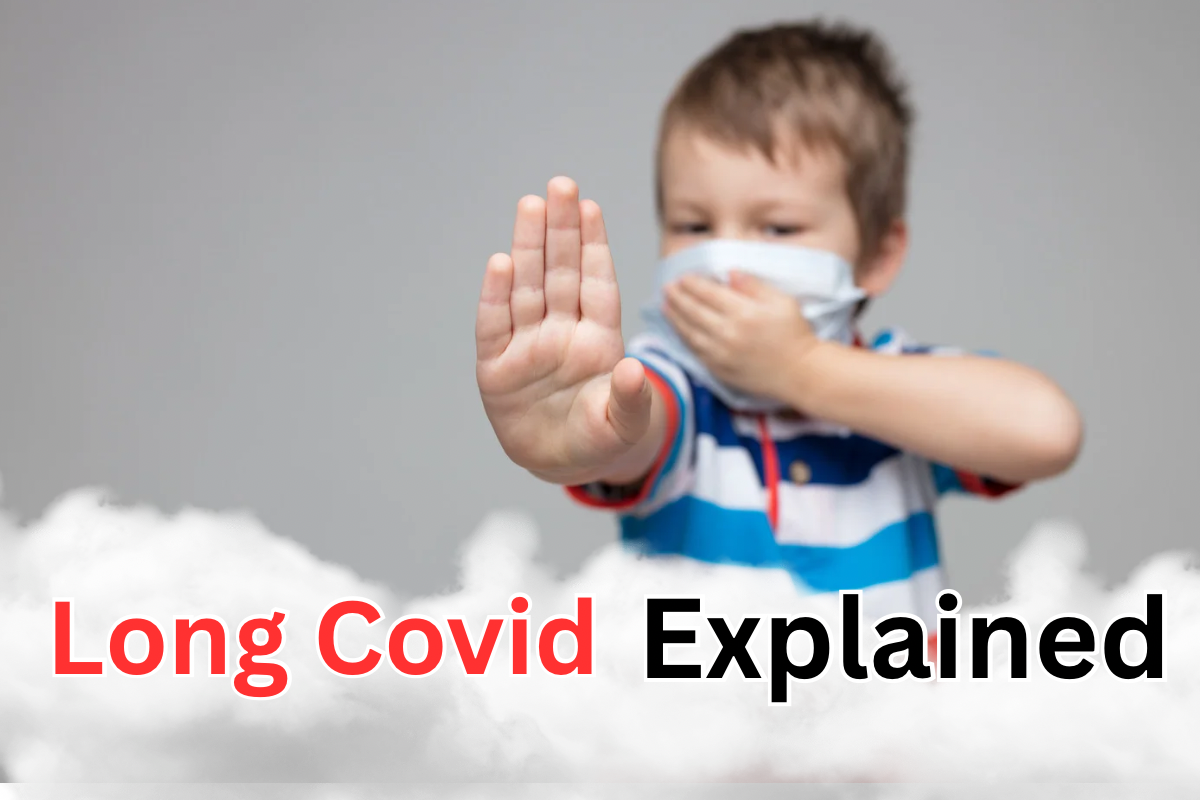Long COVID Crisis: The Truth You Can’t Ignore
The COVID-19 pandemic has left a lasting impact on global health, with many individuals experiencing lingering symptoms beyond the expected recovery period. Long COVID Crisis: The Truth You Can’t Ignore
This condition, known as post-COVID conditions, has become a significant health concern.

The persistence of COVID-19 symptoms can be debilitating, affecting daily life and overall well-being. It’s essential to explore the causes, effects, and potential treatments for this condition.
Key Takeaways – Long COVID Crisis: The Truth You Can’t Ignore
- Understanding long COVID symptoms is vital for effective management.
- COVID-19 can have long-lasting effects on individuals.
- Awareness and education are key to addressing this health concern.
Understanding Long COVID: Symptoms and Diagnosis
Many people who have recovered from COVID-19 are experiencing prolonged symptoms, a condition now widely recognized as long COVID.
This phenomenon is not just about the duration of the illness but also about the variety and severity of symptoms that linger long after the initial infection has passed.
Common Persistent Symptoms – Long COVID Crisis: The Truth You Can’t Ignore
These symptoms can significantly impact daily life, making it challenging to return to pre-infection levels of activity and productivity.
How Long COVID Differs from Acute COVID
Unlike acute COVID-19, which is typically characterized by symptoms like fever, cough, and sore throat, long COVID presents a different set of challenges.
Diagnostic Approaches and Challenges
Diagnosing long COVID involves a thorough assessment of the patient’s medical history, current symptoms, and overall health status.
Healthcare providers use a variety of diagnostic tools, including lab tests and imaging studies, to rule out other potential causes of symptoms.
One of the significant challenges in diagnosing long COVID is the variability of symptoms and the lack of a clear definition.
This complexity necessitates a multidisciplinary approach to care, involving specialists from various fields to ensure that patients receive the support they need.
Long COVID Explained: Causes and Risk Factors
Understanding these factors is vital for developing effective long COVID treatment plans and preventive strategies.
Potential Mechanisms Behind Long COVID – Long COVID Explained: What You Need to Know
Researchers are exploring several potential mechanisms that could contribute to the development of long COVID.
Studies have shown that some individuals may experience lingering symptoms due to the virus remaining in their system, triggering ongoing inflammation and immune response.

The role of vaccination in preventing long COVID is also being investigated. Preliminary findings suggest that being vaccinated against COVID-19 may reduce the risk of developing long COVID.
This is because vaccination helps to mitigate the severity of the initial infection, potentially lowering the likelihood of persistent symptoms.
Who Is Most at Risk – Long COVID Explained: What You Need to Know
Certain groups may be more susceptible to developing long COVID.
These include older adults, individuals with underlying health conditions, and those who experienced severe COVID-19 symptoms.
Understanding these risk factors can help healthcare providers tailor their approach to long COVID treatment and management.
The Role of Vaccination in Prevention – Long COVID Crisis: The Truth You Can’t Ignore
Vaccination is a critical component in the prevention of long COVID. By reducing the severity of the initial COVID-19 infection, vaccines can potentially decrease the incidence of long COVID.
Ongoing research aims to further elucidate the relationship between vaccination and the risk of developing long COVID, providing valuable insights for public health strategies.
In conclusion, understanding the causes and risk factors of long COVID is essential for developing effective management and treatment plans.
By exploring the potential mechanisms behind the condition and identifying those most at risk, healthcare professionals can better address the needs of individuals affected by long COVID.
Conclusion: Living with and Managing Long COVID
As we navigate the complexities of COVID-19 and its lingering effects, understanding post-COVID conditions is crucial.
Living with long COVID requires a multifaceted approach that incorporates medical treatment, lifestyle adjustments, and support systems.
Individuals experiencing persistent symptoms can explore various treatment options, including rehabilitation programs and medication.
Lifestyle changes, such as pacing activities and maintaining a balanced diet, can also help manage symptoms.
Seeking support from healthcare professionals, support groups, and loved ones is vital for coping with the challenges of long COVID.
By empowering ourselves with knowledge and resources, we can foster resilience and improve our quality of life.
As research continues to uncover the intricacies of COVID-19 and post-COVID conditions, staying informed and proactive is key to managing this complex condition.
FAQ – Long COVID Crisis: The Truth You Can’t Ignore
What is long COVID?
Long COVID, also known as post-COVID conditions, refers to the persistence of COVID-19 symptoms beyond the expected recovery period.
How is long COVID diagnosed?
Diagnosing long COVID involves a comprehensive assessment of the patient’s medical history and current health status, as well as ruling out other potential causes of symptoms.
Can vaccination prevent long COVID?
Research suggests that vaccination can reduce the risk of developing long COVID, although it is not a guarantee.
What are the treatment options for long COVID?
Treatment plans for long COVID are individualized and may include a combination of medications, lifestyle adjustments, and alternative therapies.
How can I manage long COVID symptoms?
Managing long COVID symptoms involves a holistic approach, including pacing activities, practicing self-care, and seeking support from healthcare professionals.
Where can I seek support for long COVID?
Support groups, online resources, and healthcare providers specializing in long COVID can provide valuable guidance and connection.

Dr. Shabbir Hussain Bohra (Physio)
Owner & Founder – Physio Talk
Director – HAKIMI Physiotherapy Clinic, Nagpur
Dr. Shabbir Hussain Bohra is a dedicated physiotherapist with seven years of comprehensive experience in rehabilitation and specialized therapeutic care. He holds a Bachelor of Physiotherapy (BPT) degree and has established himself as a leading expert in oncology physiotherapy and lymphedema management. Currently serving as a Consultant Physiotherapist at Asian Kidney Hospital, Nagpur, director hakimi Physiotherapy clinic nagpur Dr. Bohra brings extensive expertise in treating complex medical conditions requiring specialized rehabilitation approaches. His dual specialization as an Onco-Physiotherapist and Lymphedema Therapist enables him to provide targeted care for cancer patients and individuals managing lymphatic disorders.
